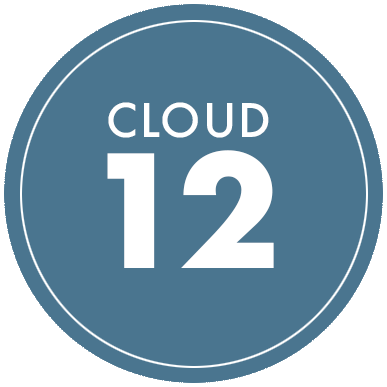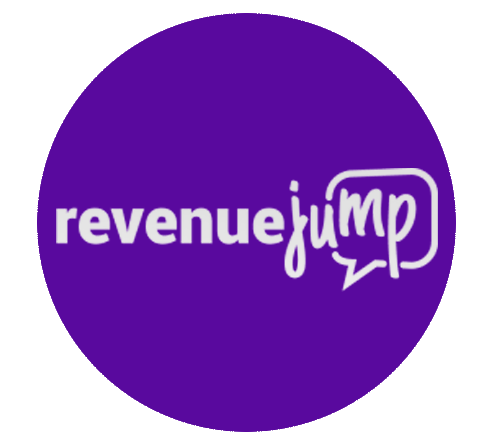Create Wikipedia Articles
Reputation X understand what it takes to earn a well-written Wikipedia article. Our expert researchers measure notability and help fill gaps when needed. We develop the basis for Wikipedia articles that survive the tough creation process so it’s done right the first time.
1.800.889.4812





Summary
Overview of Wikipedia Article Creation
Notability is Key
Notability is absolutely crucial for Wikipedia articles about brands or individuals to ensure relevance and longevity. Articles lacking notability immediately face deletion, wasting effort and resources. Reputation X knows that establishing notability beforehand, through significant coverage in reliable sources, dramatically improves the subject’s probability of acceptance and inclusion. We know how to navigate the notability maze and leverage it to improve reputation.
Research Driven
Our Wikipedia research delves deeply into similar Wikipedia pages, editor bias, and any special notability criteria your industry may require to ensure your page is editorially compliant. By understanding the landscape and stating the facts, we tailor content that aligns with Wikipedia’s standards while navigating editor preferences and notability requirements.
You Get One Shot
- Sometimes more, but doing it right first leads to a more successful article.
- About half a million Wikipedia articles have been deleted.
- No Wikipedia articles we have been a part of creating have ever been deleted.
- That’s because we do it right the first time.
- The secret: We don’t have editors. Pages are created based on our research and developed by non-anonymous experienced users.
Case Studies, Guides and Articles
Get Your Free Wikipedia Consultation
Schedule a time to talk with an online profile specialist.
Schedule your free consultationIncluded in Wikipedia Article Creation
Our very well researched solutions and recommendations include the following:
Similar Pages
Research of the Wikipedia articles of similar entities.
Notability Analysis
Notoriety and notability are different. We build a case for the latter.
Expert Editor Outreach
Whether via talk pages or matchmakers, we discover the best editors.
Editing Package
We develop a robust editing package to help editors create the best possible page.
Wikipedia Monitoring
Monitoring of edit history, user bias, and accuracy checks.
Wikipedia Article Creation FAQs
Here are the most frequent questions and answers about Wikipedia article creation.
Who edits the Wikipedia pages?
Reputation X does not employ Wikipedia editors. Rather, we engage in a collaborative process with third-party experts to enhance Wikipedia articles organically using research, enhanced notability, and editing best practices. Research and strategy-driven, our team suggests thoughtful improvements and adheres to best practices, ensuring every edit improves Wikipedia.
Can I create my own Wikipedia article?
Technically you can, but the odds of it’s survival are slim. Wikipedia articles are best developed by consensus, by third-party editors organically over time.
Create My Own?Why use Reputation X for Wikipedia creation?
While it is possible to simply ask the Wikipedia community for an article, it might not happen. Notability, improper research, editor bias, industry bias, and more must be navigated. We’re experts at that.
Success on Wikipedia















